Does the WTO have a future?
Don Stephenson, former Chief Trade Negotiator, India-Canada Comprehensive Economic Partnership Agreement, discusses how India and Canada can work together on effecting reform in the World Trade Organization
Don Stephenson, former Chief Trade Negotiator, India-Canada Comprehensive Economic Partnership Agreement, discusses how India and Canada can work together on effecting reform in the World Trade Organization
Rohinton Medhora, President, Centre for International Governance Innovation (CIGI), Waterloo, Canada, and co-host of the second edition of the India-Canada Track 1.5 Dialogue in Mumbai, spoke to Gateway House on how data management and governance around new technologies, such as Artificial Intelligence, are the issues of the future
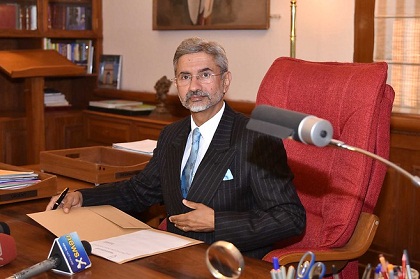 Courtesy: Flickr/MEA
Courtesy: Flickr/MEA
The India-Canada Track 1.5 Dialogue on Innovation, Growth and Prosperity, an initiative agreed upon in February 2018 by the two prime ministers, provides an opportunity for the bilateral relationship to grow through geopolitical convergence, greater economic collaboration and people-to-people interaction. A statement by External Affairs Minister S. Jaishankar for the second edition of the Dialogue, held in Mumbai on 22 November 2019
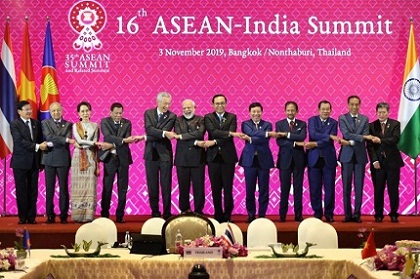 Courtesy: Flickr/MEA
Courtesy: Flickr/MEA
The 35th summit of the Association of South East Asian Nations, held in Bangkok early in November, showed that a shifting geostrategic landscape notwithstanding, “ASEAN centrality” in the region is a top priority with members. It also served as a backdrop for three summits that ASEAN held on November 4 with China, U.S. and India
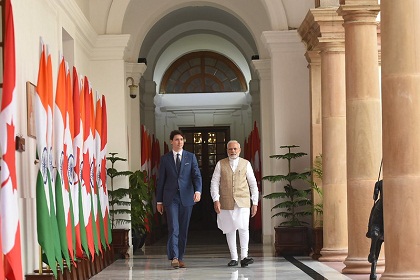 Courtesy: Flickr/MEA
Courtesy: Flickr/MEA
It’s time to start moving on matters in which Canada is a natural ally for India - trade liberalization, energy investments, intellectual property and the rules around e-commerce in particular and big data governance in general.
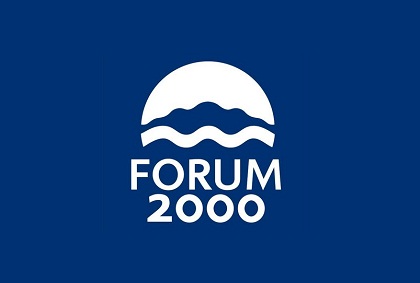 Courtesy: Forum 2000
Courtesy: Forum 2000
Peaceful dissent was the original animus for the formation of the Forum 2000 Foundation. Started by the late Czech dissident Vaclav Havel, the conference, held in Prague every September, offers a platform to experts and activists from around the world to revisit ideas about pacifism and protest
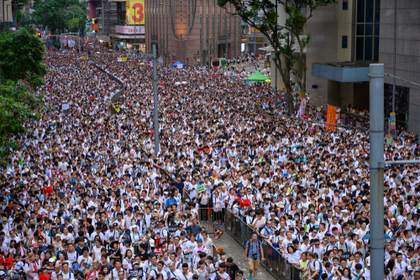 Courtesy: Shutterstock
Courtesy: Shutterstock
There has been a wave of civil protests across the globe since early 2019 which have taken governments by surprise by their sheer intensity and resilience. The common impelling factor has been discontent with government. Other factors for the current wave, beginning with the Arab Uprising in 2011, have been corruption and regressive constitutional changes. This infographic charts the arc of the outcry
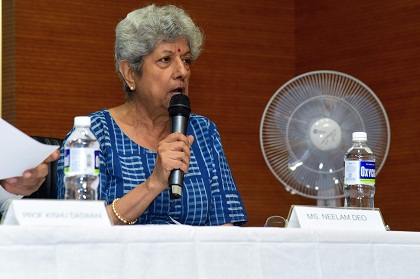 Courtesy: Government Law College, Mumbai
Courtesy: Government Law College, Mumbai
The world has changed – and so has India in the last 70 years since independence. Its foreign policy has evolved from non-alignment to multipolarity and to proactive participation in various multilateral organisations. Building on the work of its predecessors, the Modi government’s diplomacy articulates India’s interests more forthrightly and pursues them more energetically
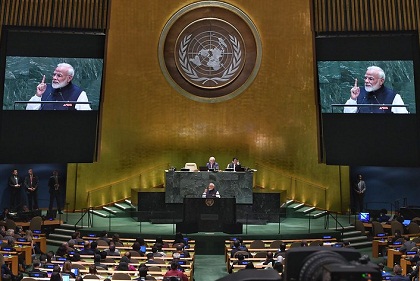 Courtesy: MEA/Flickr
Courtesy: MEA/Flickr
Prime Minister Modi’s tour of the U.S. last month was centred around the UN General Assembly’s 74th session and discussions on environmental challenges, but questions regarding the Indian government’s action in Kashmir persisted
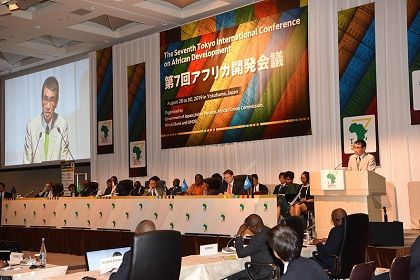 Courtesy: TICAD7/Flickr
Courtesy: TICAD7/Flickr
The Seventh Tokyo International Conference on African Development was a departure from earlier editions of it. Japan, which is changing tack as a competitor to China in Africa, held back from publicising the number of heads of state present to prevent any comparisons with other such forums and made no further commitments on Overseas Development Assistance. The accent, instead, was on increasing Japanese private sector engagement